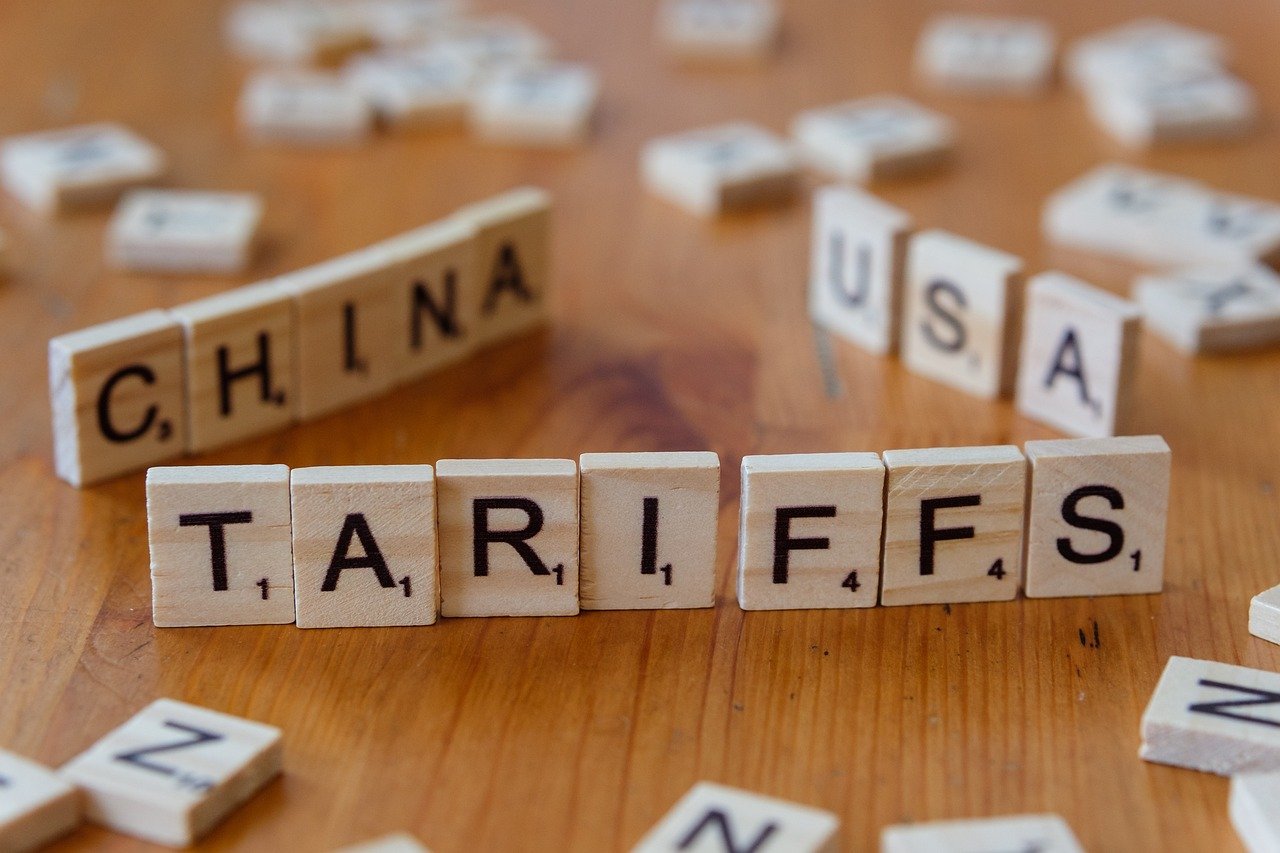Exploring US Tariffs Sourcing Alternatives for Global Businesses
As global trade continues to evolve, businesses across industries are grappling with the effects of US tariffs on imported goods. Higher import costs have forced companies to rethink their sourcing strategies, seeking more cost-effective and reliable alternatives. For organizations operating in FMCG, wholesale distribution, and import/export, exploring new markets and supply chains is no longer optional—it’s essential for survival and growth.
At Wigmore Trading, we specialize in helping businesses navigate these challenges by offering strategic sourcing solutions across Africa and beyond.
The Impact of US Tariffs on Global Trade
Tariffs are designed to protect local industries, but they often increase costs for importers and ultimately affect end consumers. Many businesses dependent on raw materials, electronics, or consumer goods from markets impacted by US tariffs now face:
-
Rising operational costs that reduce profit margins.
-
Disrupted supply chains with delays in procurement.
-
Uncertainty in long-term planning, as tariff policies shift frequently.
These challenges are pushing companies to explore sourcing alternatives that ensure both affordability and supply chain resilience.
Sourcing Alternatives Beyond the US
To counterbalance tariff pressures, businesses are diversifying their sourcing strategies. Some effective approaches include:
1. Exploring African Markets
Africa is emerging as a competitive sourcing destination, particularly for agricultural products, raw materials, and fast-moving consumer goods. Countries like Nigeria, Ghana, and Kenya provide high-quality products at more affordable rates, supported by improving infrastructure and trade policies. Wigmore Trading has established networks across Africa, making it easier for businesses to tap into these opportunities.
2. Leveraging Asian Supply Chains
While tariffs on certain Chinese products remain high, other Asian countries such as Vietnam, India, and Indonesia are becoming attractive hubs. They offer skilled labor, cost efficiency, and established logistics systems. Partnering with a company experienced in cross-border sourcing ensures smooth transactions and compliance with trade regulations.
3. Nearshoring and Regional Trade
Businesses in Europe and Africa are increasingly considering nearshoring to reduce dependence on US supply chains. This approach shortens lead times and reduces transport costs, improving supply chain resilience. Wigmore Trading’s regional expertise helps connect clients with trusted suppliers closer to their operating markets.
How Wigmore Trading Can Help
At Wigmore Trading, we understand the complexities of global sourcing and the risks tariffs can introduce. Our services are designed to support businesses by:
-
Identifying reliable suppliers across Africa and other key markets.
-
Managing logistics and distribution, ensuring timely delivery of goods.
-
Providing cost-effective alternatives that reduce exposure to tariff fluctuations.
-
Advising on compliance and trade regulations, minimizing business risk.
By partnering with us, companies can streamline their sourcing processes while safeguarding their bottom line.








Comments are closed.